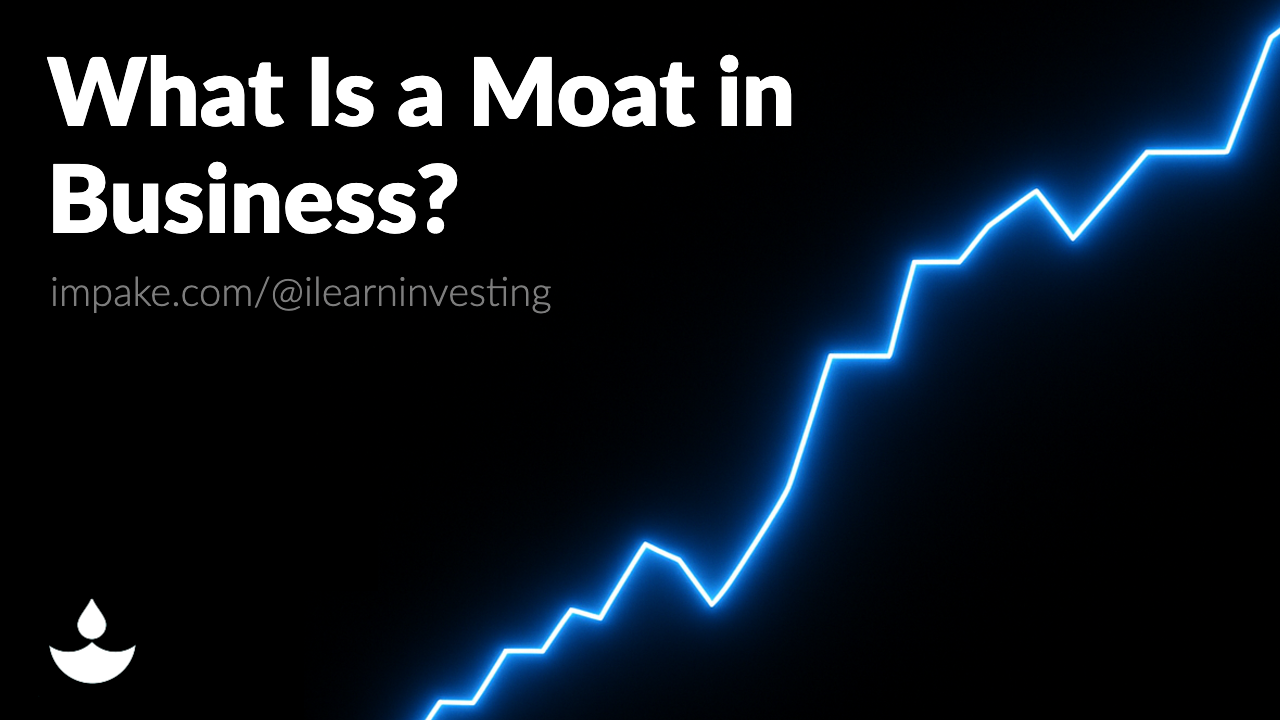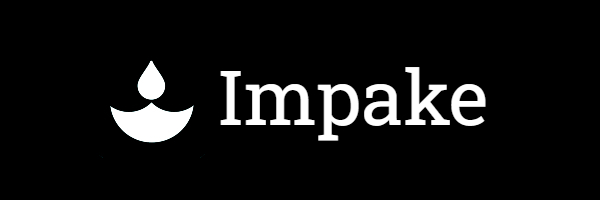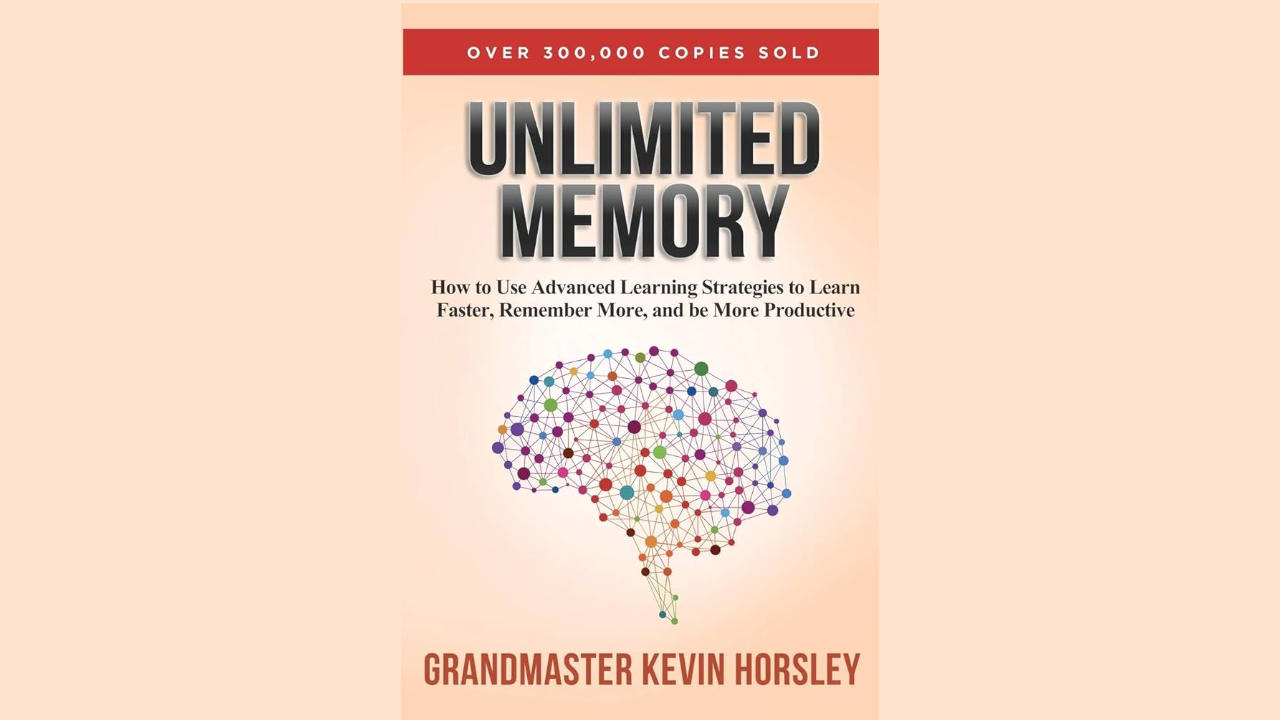
Nothing you see here is financial advice, but more of a blog, notes, and opinions of mine on my investment learning journey.
We believe investors should focus their long-term investments on companies with wide economic moats. These companies can earn excess returns for extended periods—above-average gains that should be recognized over time in share prices.
- Joe Mansueto, The Little Book That Builds Wealth
What are Moats?
Historically, a wide and deep pit filled with water and such to protect a castle or town from attackers.
Investing-ly (huh?), advantages a company has that protect it against competitors that may enter or are already in its niche/industry, they need to be hard to achieve and sustainable in order to make the moat wider (more valuable).
Economic moat term is created by Warren Buffet and mentioned plenty of times in Berkshire Hathaway letters to shareholders.
Understanding the business is also important when identifying moats, so looking at the businesses and industries where you have an edge will help you identify successful companies.
Moats to Look For
Basically, you must look for advantages a company has over its potential and current competitors. The more sustainable those advantages get, the better.
Lower costs
Lower costs are probably the first thing someone thinks of when asked to list an advantage a company may have over its competitors.
But if the competitors can also achieve this lower costs, they probably will start working on achieving it soon. So for it to be considered a moat, lowering the costs to the same level must be challenging for the competitors.
Economies of Scale
Economies of scale allow companies to spend more freely and work on the ideas they have.
A great example in the gaming industry is Grand Theft Auto V, whose development and marketing budget exceeded that of many blockbuster films.
Rockstar Games' ability to use their economies of scale was vital in producing a game that made history.
Similarly, Netflix benefits from its massive subscriber base, which allows it to fund new ideas and stories.
Without the financial advantage provided by their large scale, it would be much harder for smaller companies to afford such high-quality productions at that quantity. There are movies that have achieved crazy success with very low budget but they are more the exception than the rule.
These companies can also spend more on research and development than their competitors, which enables them to create better products.
Intangible Assets
If a company can charge more for the same product than its peers just by selling it under a brand, that brand very likely constitutes a formidable economic moat.
The Little Book That Builds Wealth
Brand names, patents, regulations in the sector, trade secrets help businesses be more reliable investments.
Consider TikTok's or Instagram's algorithms. They are not easy to replicate because a lot of non public user behavior research goes into them. Whoever creates the most addicting algorithm will probably win the race of social media, unless their platform gets restricted for that reason of course.
Or consider Google Search's algorithm, which was the main reason it prevailed in its competition with Bing as a search engine. If it was easier to find what you are searching for in some other place, people would probably search in that other place.
The companies who have achieved hard to earn approvals which are needed to do business in a sector are safer from new competition than other sectors in which you can enter the competition easier.
If a brand name itself increases the selling price of a product, or creates sticky customers; due to trust, prior records, consumer sentiment in general it appears to also be considered an economic moat.
If you can sell a really similar product to your competitors under your brand name and charge customers more that is probably a moat. But this can also be misidentified, some brand names are more heard than the rest but if they are not able to charge premium price due to their brand than it is probably not an economic moat.
Patents that are hard to challenge can be great assets. Examples of easier to challenge patents include patents that are too broad or unambiguous, or "Method patents" that patent how something is done, which can be hard to enforce if the doer is good at hiding their infringement.
Switching Costs
This one is really easy to give examples for, but sometimes very hard to notice unless you are a customer of the company you are analyzing.
Switching from an Apple made device to any other is usually hard because the consumer has to learn a whole new operating system. A whole new ecosystem too, considering apple devices integrate very well together, and changing your phone would result in losing some of the features you may love to use with your other Apple made devices like remote screen mirroring and that fancy copy-pasting between devices. Deeper you get in the ecosystem more expensive the switching becomes in terms of effort needed to switch to a new product.
Another example, which EU stepped into play to put an end to it, might be Amazon Web Services. For the non techies reading this, AWS makes 58% of Amazon's total operating income in their 2024 financial reports. And they used to charge massive fees for outgoing traffic which made it very costly for companies to switch to using other cloud service providers. I explained the amazon situation further in my "EU Data Law vs Amazon Web Services" post, if you are interested click that link to open it in a new tab to read later.
Wide Network of Users
Some products, like social media platforms, get their power from their wide network of users.
Apple also benefits from a wide network of users when it comes to App Store, the more App Store users there are, more need for developers to publish their applications in the App Store, which Apple takes fees for at almost every sale made, not only from the paid apps but charges made from within the application too such as subscriptions (depends on the type of sale, you can learn further from the link).
They have been considered a monopoly by many, considering they make using other application marketplaces extremely hard for a regular user. So the EU stepped into play here too, with The Digital Markets Act (November 1, 2022), and Apple made an announcement about.
Ad networks also benefit from a wide network of users. Many people don't know how online advertisements work. "Every ad I see on a website is put there directly by choice." is not entirely correct.
Ads pay better when they are targeted, and to achieve targeted ads you must first know what your users like.
Every time you visit a new website that uses Adsense, depending on your cookie settings and data preferences, Adsense builds a profile of interest specifically targeting you using the websites you are visiting.
More websites you visit that are using Adsense, more specific Adsense's knowledge is going to be about you.
There are also context related ads that give ads specifically related to the context of the page you are visiting, and this is also important in terms of wide network of users because having the advertisers for any context you can think of means no ad impressions wasted.
Now those websites get to enjoy serving tageted/non targeted ads while being paid without the hassle of ad moderation/support and all the data science. They get paid part of what advertisers pay Adsense, and Adsense gets to have a massive spread across the internet so it is more valuable for advertisers. On top of that their algorithms for targeted ads are also hard to replicate.
Fish-to-Pond Ratio
Bigger the company, the greater its advantages may be. But the company has to be big relative to its industry. The Little Book That Builds Wealth calls this fish-to-pond ratio.
If a company is big enough to having established its distribution network, which makes it cheaper/more profitable for it to be carrying goods from point A to point B compared to its competitors, that may be a good moat.
Imagine a company where it's the only company there is when you think about the niche. No real competitors and an established business with good customers.
Customers are satisfied and the company actively puts in the work to improve its services. If the company is a giant within its niche, and has covered a wide range of potential customers already, it won’t make sense for a competitor to appear in the niche and the established company can run its own mini-monopoly as long as the customers are satisfied from their products and pricing. This one apparently exists more in very niche types of companies.
What Now?
Moats by themselves are not enough to purchase the shares of a company though, it must also be selling at an attractive price.
As Ben Graham said:
The investor's primary interest lies in acquiring and holding suitable securities at suitable prices.
Moats help us identify the suitable securities, doing the valuation will help us identify the suitable prices.
I don't know much about valuing companies yet, but I plan to learn about it soon and post about it here.
Anyway, thats all for now. If you've got any advice to give or anything else to add, comments are right there, thank you for reading!


